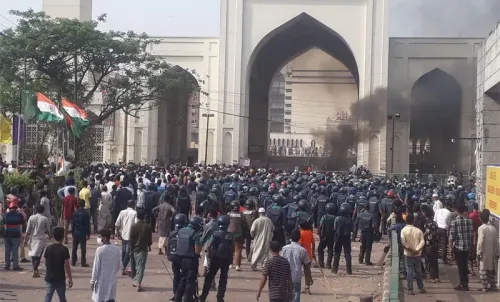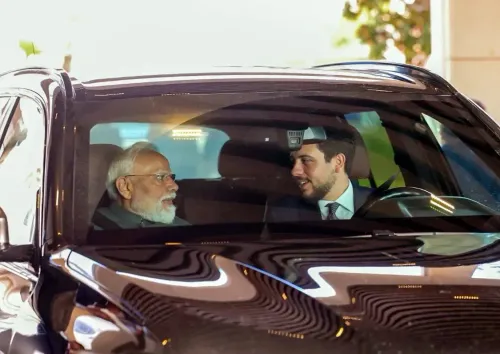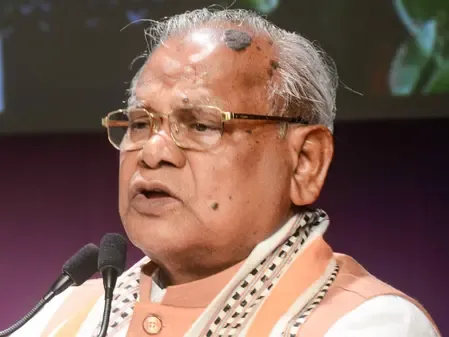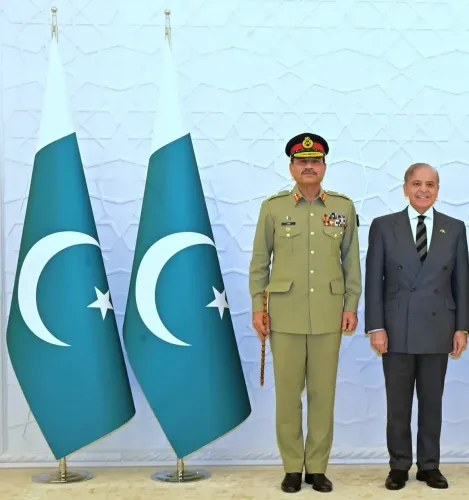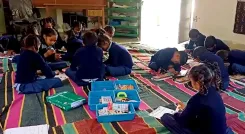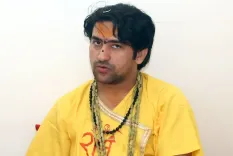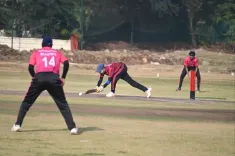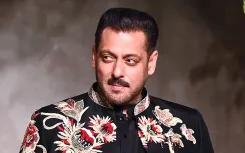What to Expect from the 47th ASEAN Summit in Malaysia?
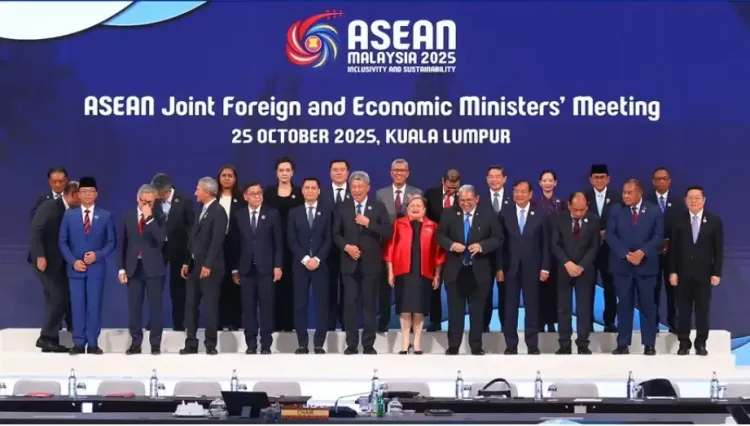
Synopsis
Key Takeaways
- ASEAN Summit focuses on inclusivity and sustainability.
- Prime Minister Modi attending virtually.
- Discussions on trade tariffs and regional trade agreements.
- Global leaders addressing humanitarian crises.
- Timor-Leste expected to become the 11th ASEAN member.
Kuala Lumpur, Oct 26 (NationPress) The 47th ASEAN Summit and associated summits have commenced in Kuala Lumpur, Malaysia, on Sunday, themed "Inclusivity and Sustainability."
Prime Minister Narendra Modi will participate in the summit remotely, rather than traveling to Malaysia.
In a social media update on Thursday, PM Modi shared that he spoke with Malaysian Prime Minister Anwar Ibrahim, congratulating him on Malaysia taking on the ASEAN Chairmanship.
He expressed his wishes for the success of the forthcoming summits and reiterated his dedication to strengthening the ASEAN-India Comprehensive Strategic Partnership.
During the three-day summit, which runs from October 26-28, Prime Minister Anwar Ibrahim will welcome leaders from ASEAN member nations and key global partners such as the US, China, Japan, and South Korea.
Over 30 heads of state from the 10 ASEAN member nations are invited, including notable attendees like US President Donald Trump.
For security, more than 10,000 police officers are deployed in the capital to ensure safe proceedings from Sunday to Tuesday.
Trump is anticipated to join a dinner with ASEAN leaders and observe the signing of a peace agreement between Cambodia and Thailand, following recent border clashes.
Key figures attending include South Africa’s President Cyril Ramaphosa, Brazil’s President Luiz Inacio Lula da Silva, South Korea’s President Lee Jae Myung, Chinese Premier Li Qiang, and Japan’s first female Prime Minister Sanae Takaichi.
Also present will be the Prime Ministers of Australia, Canada, and New Zealand.
Leaders from ASEAN such as Brunei's Sultan Hassanal Bolkiah, Indonesian President Prabowo Subianto, Singaporean Prime Minister Lawrence Wong, Cambodian Prime Minister Hun Manet, Vietnamese Prime Minister Pham Minh Chinh, Philippine President Ferdinand Marcos Jr., Laotian Prime Minister Sonexay Siphandone, Thailand's Prime Minister Anutin Charnvirakul, and Timor-Leste's President Jose Ramos-Horta are also expected to attend.
During the summit, Timor-Leste, also known as East Timor, is set to officially become the 11th ASEAN member.
Delegates from the UN, including Secretary-General Antonio Guterres, as well as representatives from the World Bank and the IMF, will participate, while PM Modi will join remotely. The European Council President Antonio Costa will also be present.
Notably, Russian President Vladimir Putin and Myanmar's acting president will not attend, with Russia represented by Deputy Prime Minister Alexander Novak.
Since the February 2021 coup, ASEAN has opted not to invite Myanmar's military leadership to its summits.
In addition to internal discussions, ASEAN will engage in summit-level talks with major dialogue partners, including the US, China, and Japan.
Founded in Bangkok on August 8, 1967, ASEAN includes Brunei, Cambodia, Indonesia, Laos, Malaysia, Myanmar, Philippines, Singapore, Thailand, and Vietnam.
Prime Minister Anwar has high hopes that the ASEAN meetings will yield positive outcomes, with discussions likely focusing on Trump's tariffs affecting both allies and adversaries.
Regional trade discussions are set to highlight the Regional Comprehensive Economic Partnership (RCEP), which encompasses China and significantly impacts global GDP and trade.
Discussions will also revolve around the plight of the Rohingya population in Myanmar and potential tensions in the South China Sea.
ASEAN is expected to release a statement regarding the situation in Gaza, where a ceasefire has been in effect since October 10.
Key issues such as US tariffs and access to essential rare earth minerals will be major talking points, especially considering their importance to high-tech manufacturing, with China dominating their production.
Trump initiated his "Liberation Day Tariffs" in April to reduce the US trade deficit, resulting in tariffs for most ASEAN countries between 10% to 20%, while Brunei faces a 25% rate and both Laos and Myanmar are subject to 40% tariffs.
In response to these tariffs, China has implemented stricter export limitations on rare earth materials, impacting global markets.
The summit will also address pressing matters like Myanmar's civil unrest and the rise of scam centers in Southeast Asia, which have profited criminal enterprises immensely.


